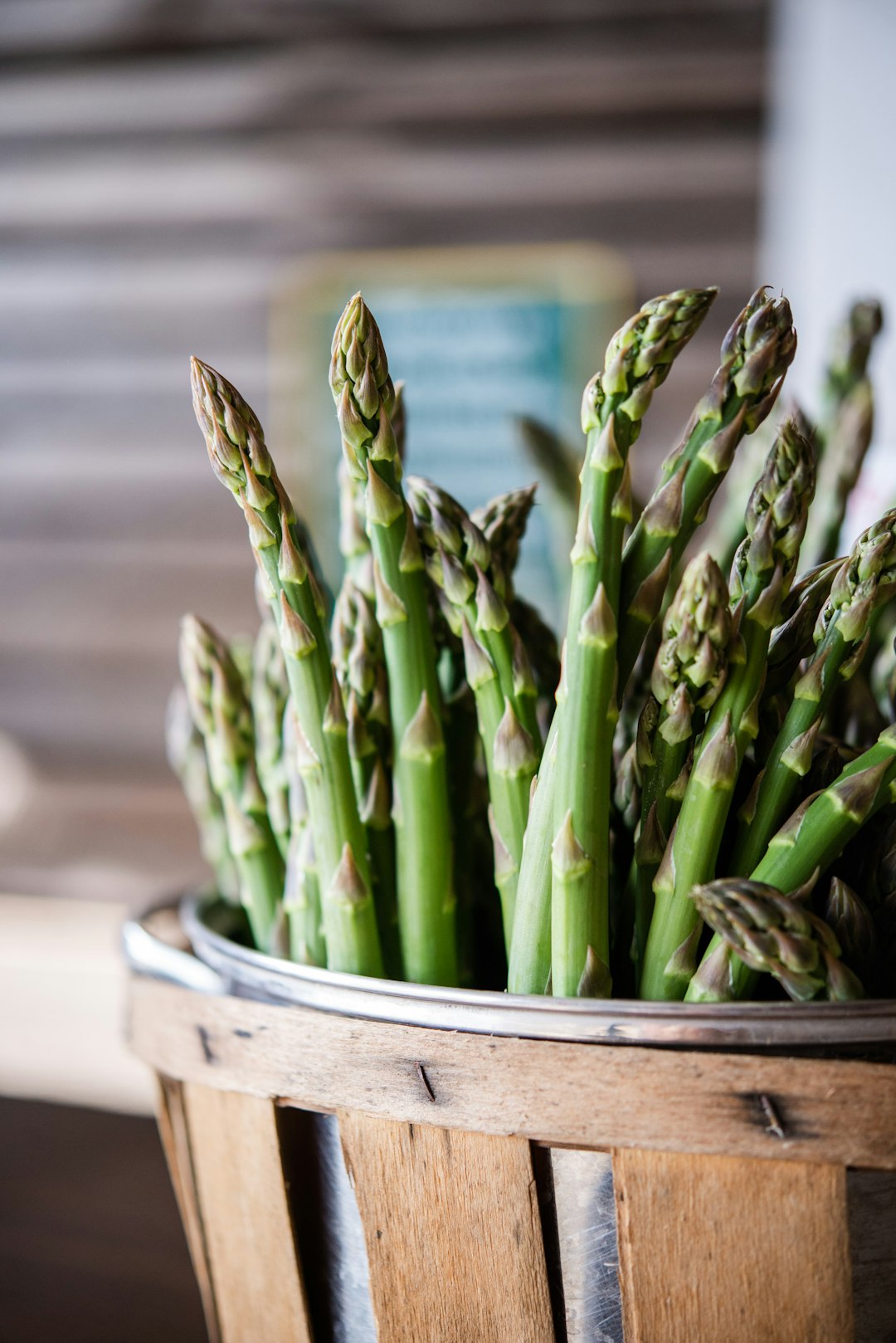Fifty years ago, in Diet for a Small Planet, Francis Moore Lappé asked, “Why hunger in a world of plenty?” Scientists predicted that we had reached our limits of “feeding the world” and called for “more chemicals, bigger farms, and more technology” (Lappé, 1971.) Since then, the agriculture industry has achieved these goals beyond imagination.
But still the question remains, “Why Hunger in a World of Plenty?”
The United States food system includes seed provision, land, farmers, processors, distributors, retailers, food preparation and consumption, and waste disposal. We learned during the pandemic about the many weaknesses in this complex system that affect us all. Foods were absent from grocery stores due to barriers in producing, processing, or transportation. Even before the pandemic, many people weren’t able to access the food they needed to be healthy.
Unequal access is a major cause of hunger and food insecurity. People are food insecure when they have limited or unknown availability of nutritional and safe foods. For some, enough food is unaffordable or transportation is a barrier.
What changes are needed to make our complex and far-reaching food system, reliable and accessible for all?
It may seem hopeless. However, I find hope in communities that have created systems that achieve food security discussed in, Hope’s Edge: The Next Diet for a Small Planet (F. Lappé and A. Lappé, 2002). “Choosing hope means consciously facing risk” by trying new ways to end hunger and food insecurity. We must broaden our thinking about the limitations of our current approaches to access to healthful food, charity, community, and government programs.
We must consider what is most important in our lives and whether enough food is a right for everyone. And most importantly, we must engage community members in critical thinking, choosing hope, and considering the big picture – the puzzle of our complex food system and the constraints to realizing health and well-being for everyone in our community.
In 1993, the people of Belo Horizonte, Brazil, chose hope. A 20-member advisory council of citizens, appointed by the mayor, discussed pathways toward food security in their city. They began thinking differently about ending hunger, acknowledging that sufficient food was a right for everyone. They took an integrated approach and removed constraints in market and government structures to make healthy food affordable for everyone. They changed farmers markets, schools, and public restaurant structures to offer good, healthful food at affordable prices to people from all walks of life.
Even in good times, the patchwork of U.S. government and charity food security programs doesn’t feed everyone. I have hope that we can do better.
Today, Cass County, Iowa is working toward food security for its residents. Volunteers, along with the County Wellness Coordinator, responded to pandemic-increased food insecurity by sourcing food and providing venues for its distribution. The initiative created a network of individual volunteers, public libraries, towns, funding organizations, food pantries, grocery stores, and food recipients.
Grow Another Row networked growers and volunteers to grow and distribute fresh produce and bedding plants through produce stands distributed throughout the county with signs, “contribute what you can; take what you need.” The county initiative also arranged delivery of food directly to people’s homes, as well as providing pick up locations. Multiple strategies brought a network of community members together adding more pieces to the sustainable food system puzzle.
I have hope that each community in the U.S. will engage leaders, businesses, and volunteers to make systemic improvements through policies and market structures in their local food system. Communities can learn from each other and custom build their own food system puzzle.
Will we together choose hope and dare to create our own community system puzzle to support sustainable food security?
It’s easy to think, if we build it, they will come. However, if we build it together, we’re in it together. Ask what is already happening in your community. Who is involved and who should be? Who can help plan for a holistic sustainable food system? What ideas or projects can you borrow from other communities? Are there organizations positioned to be part of a collaboration such as Cooperative Extension, media, supermarkets, school food service, service organizations and volunteer groups? Local businesses and federal food assistance programs can help, such as Supplemental Nutrition Assistance Program, school lunch assistance, and Women Infants and Children’s program.
Other project ideas worth exploring include farmers’ markets and mobile food trucks. Educational programs such as food preservation workshops, can help elevate discussion and add pieces to your puzzle. Might you get youth involved through education offered by Cooperative Extension? Or could you use food to teach applied math and science? Free school lunch could be a powerful core element in a school district. Consider gardening projects connecting kids with experienced elders, or kids and parents cooking and learning together.
Imagine a world where we think and act together to find pathways toward sustainable food systems that support health and well-being where everyone is:
1. Supported by sustainable, just, and equitable community food systems where farmers make a comfortable living.
2. Developing healthy attitudes toward food and eating.
3. Making thoughtful food decisions.
4. Aligning behaviors with understandings, goals, and current scientific knowledge.
5. Engaging in community improvement.
A retired professor from Cornell University’s Division of Nutritional Sciences, Ardyth Harris Gillespie now remains dedicated to changing food systems to support health and well-being for all. She and her husband Gil operate Harrisdale Farmstead, a micro-farming enterprise on her family’s Heritage Farm near Atlantic, Iowa.
Hear podcasts from Iowa Writers Collaborative members:
And subscribe and support my colleagues:







Inspiring and thought-provoking. Thank you!
Excellent commentary and advice. How about taking on food security as a community project and quit punishing those who are food insecure? Iowa has a long way to go. How is it that a state that is so agriculturally based have food insecurity?